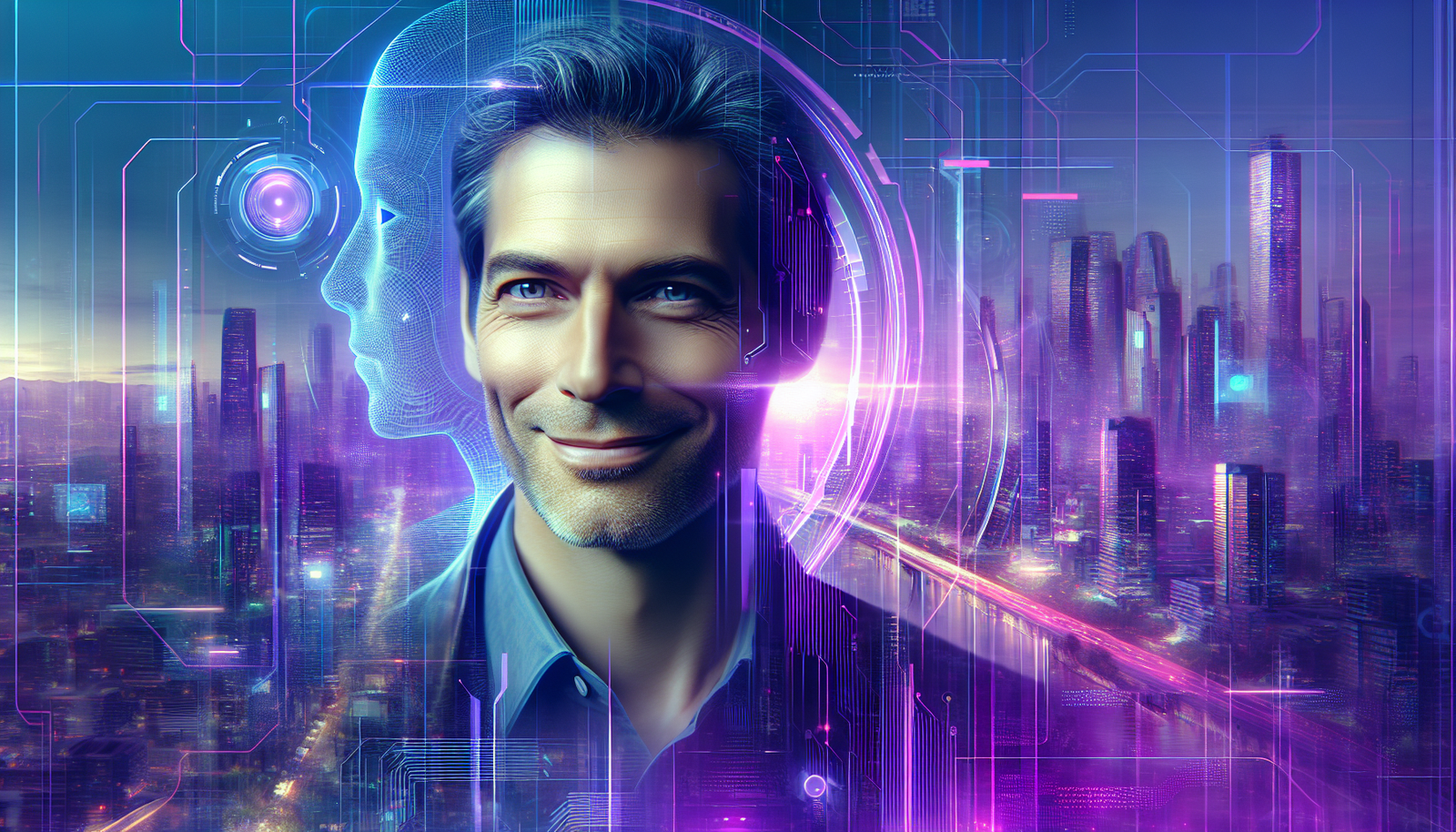The landscape of artificial intelligence is undergoing an unprecedented transformation. Pioneers such as Yann LeCun, regarded as the “godfather” of AI, anticipate an imminent new technological revolution. Current challenges reveal the shortcomings of existing AI systems, particularly their inability to effectively interact with the physical world. The key lies in groundbreaking scientific breakthroughs that will enable the development of domestic robots and fully autonomous vehicles. The machine’s crucial role in our daily lives is emphasized, promising a fascinating evolution of human capabilities. The next five years are set to be decisive in shaping our technological future.
Limited Progress of Current Systems
Yann LeCun, recognized as one of the fathers of artificial intelligence, stated that current AI systems struggle to achieve a sufficient level of integration for applications such as domestic robots or fully autonomous vehicles. Recent advancements reveal a need for significant innovations in order to better understand and interact with the physical world.
Acknowledgment of Contributions to AI
The AI scientist at Meta was honored alongside other industry engineers, receiving a £500,000 award for their contributions to machine learning, a fundamental pillar of AI. The work done by these pioneers has laid the groundwork for a new paradigm in how machines learn, evolving into smarter systems.
Expectations and Concerns
The launch of ChatGPT, developed by OpenAI, has sparked a rise in expectations regarding AI capabilities. Concerns have also arisen about a potential surpassing of human intelligence. However, LeCun emphasizes that, despite these advancements, many scientific and technical challenges remain.
Towards a New Technological Revolution
LeCun predicts a new revolutionary wave in the field of AI within the next three to five years. Systems need to evolve to understand the real world beyond language manipulation in order to perform complex tasks. His vision includes the possibility of achieving a level of intelligence comparable to that of a pet, an ambitious goal that reflects the aspirations of the field.
Calls for Safety and Responsibility
Yoshua Bengio, another QEPrize laureate and long-time associate of LeCun, has expressed concerns regarding the safety of AI technologies. He called on global leaders to better understand the implications of the power generated, scarcity, and inherent risks of its use. Current discussions around technology must include ethical considerations to shape its development.
Rewards for Essential Innovations
Innovations in artificial intelligence, such as those that contributed to the creation of ImageNet or advances in semiconductors, have been recognized as essential for the evolution of this discipline. Fei-Fei Li, creator of ImageNet, and other pioneers like Geoffrey Hinton, highlight the impact of machine learning systems across various sectors.
Impact of Machine Learning on Industries
The impact of machine learning spreads across various industries, redefining fundamentals such as health, education, and communication. Companies are becoming aware of the necessity to integrate these innovations to maintain their competitiveness in an increasingly technological market.
Prospects for Technological Development
The rise of investments in the AI sector, particularly by giants like OpenAI and DeepSeek, attests to the speed at which the field is progressing. There is an emphasis on ambitious projects, such as those aimed at making AI systems smarter and more autonomous.
The Challenges of the Next Decade
The next decade will be marked by substantial technological challenges, particularly the safety and reliability of systems. The development of explainable models and robust protocols will be essential for managing the social implications of this technology.
European Perspectives in the Face of Global Competition
As the United States and China dominate the technological landscape, Europe needs to strengthen its initiatives to catch up. Coordination between industrial and governmental players is necessary to actively engage in this technological revolution.
Reflections on the Future of Artificial Intelligence
The debate on the future impact of AI raises questions about its regulation, practical applications, and societal effects. Public perceptions must evolve alongside technological advancements to foster informed and constructive adoption.
Frequently Asked Questions about the Technological Revolution of AI Predicted by the ‘Godfather’
What are the main technological advancements expected in AI by 2025?
Significant anticipated advancements include improvements in natural language understanding, systems enabling more effective interaction with the physical world, as well as innovations in machine learning and autonomous artificial intelligence agents.
How does Yann LeCun’s prediction influence AI development?
Yann LeCun predicts a new revolution in artificial intelligence, prompting researchers and companies to focus on developing technologies capable of understanding and interacting effectively with the real world.
What technological challenges must AI overcome in the next five years?
Challenges include the need to create systems capable of contextual understanding, improve the safety of AI technologies, and develop reasoning capabilities similar to those of humans or animals.
What ethical implications are anticipated with this new revolution in AI?
Ethical implications concern the impact of AI on employment, data privacy, the safety of intelligent systems, and the commitment to develop technologies that benefit humanity while minimizing risks.
Which sectors will be most affected by this technological revolution?
Particularly affected sectors include healthcare, transportation with autonomous cars, security, education, and various industrial fields where automation and AI open new possibilities.
How can companies prepare for the AI revolution in the coming years?
Companies should invest in training their workforce, adopt new AI technologies, and collaborate with experts to integrate artificial intelligence into their business processes to remain competitive.
What is the role of governments in this technological transformation?
Governments must establish policies that encourage innovation while ensuring the safety of AI technologies, regulating those that may pose risks to society, and promoting ethical standards.
Are there risks associated with this new technological revolution?
Yes, risks include potential job loss due to automation, the creation of dangerous technologies if not properly regulated, and possible impacts on individuals’ privacy.
What types of research are prioritized in the AI sector today?
Prioritized research includes improving machine learning, developing artificial general intelligence systems, and exploring methods to ensure the safety of AI against potentially malicious threats.






